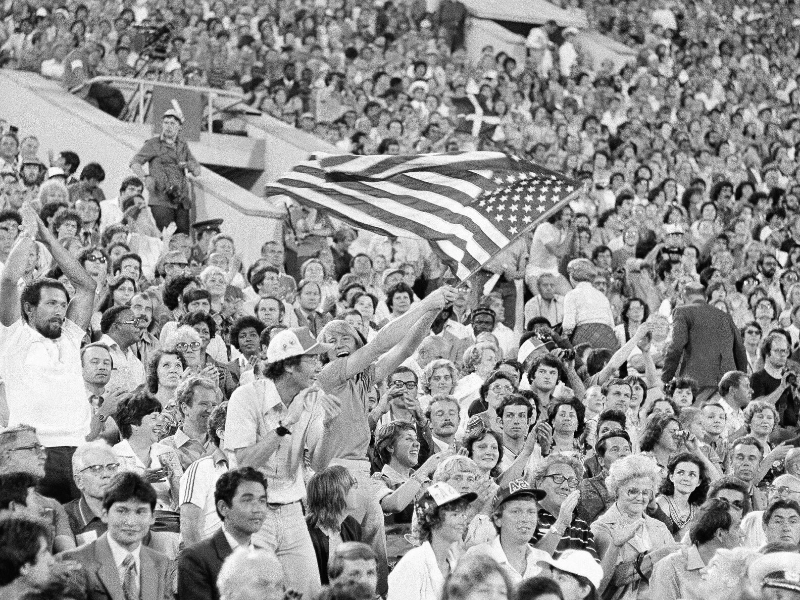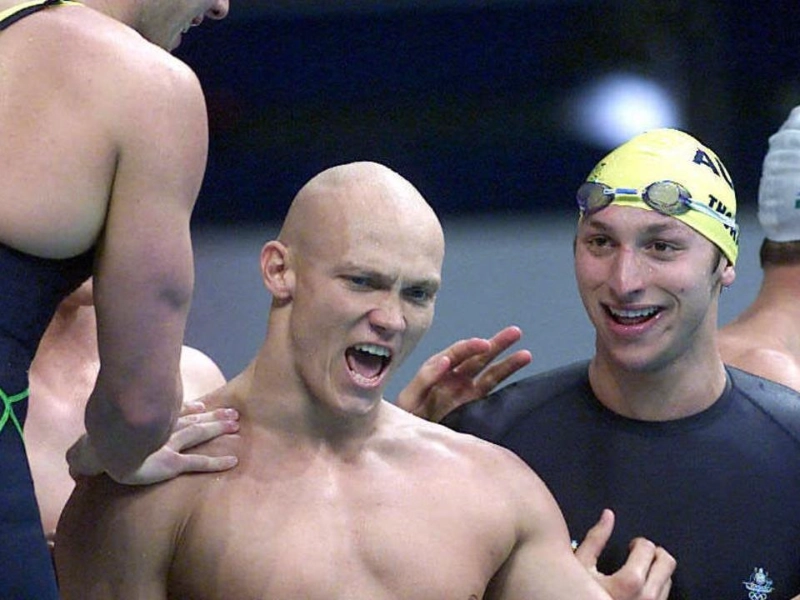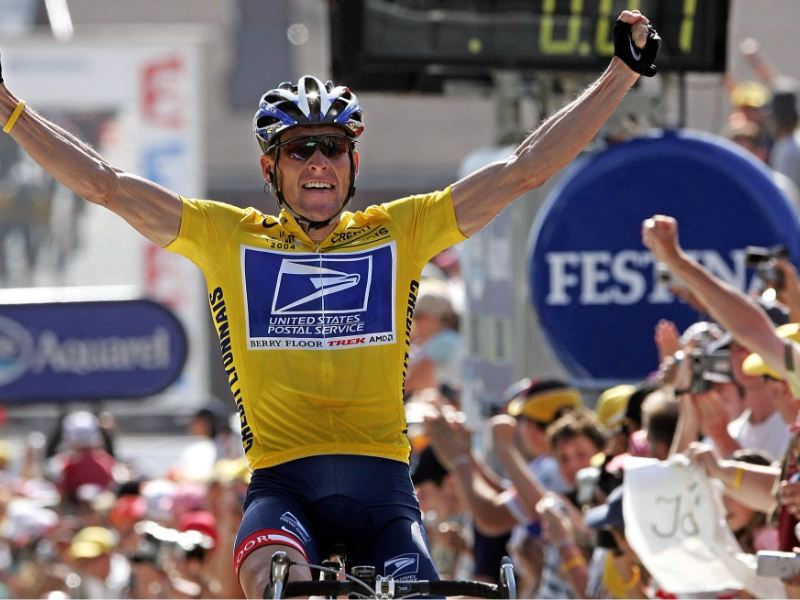The Most Controversial Moments in Athletics History
Athletics boasts a legendary past full of outstanding successes and motivating performances. Still, it is also dotted with contentious events that have spurred arguments and conversation among officials, players, and fans all over. These events can mirror more general society problems, moral conundrums, and the great pressure of rivalry. Examining their ramifications and long-lasting effects on the sport, this page explores some of the most divisive events in athletic history.
Boycott in Moscow 1980: Olympics
 Advertisement
Advertisement
The 1980 Moscow Olympics saw one of the most important disputes in athletic history. The United States spearheaded a boycott of the Games in retaliation to the Soviet Union's invasion of Afghanistan, therefore excluding more than sixty nations including well-known sporting powerhouses. This choice not only denied American competitors the chance to represent their country but also impacted athletes from other countries who had spent years hoping for Olympic glory. The boycott generated fierce discussion on the influence of politics on sports. While some felt that opposing the Soviet Union was vital, many contended that athletes shouldn't be penalized for the policies of their governments. The debate brought attention to the junction of politics and sports, therefore casting doubt on the integrity of the Olympic attitude. Many competitors saw the missed chance as a terrible loss that would permanently affect their careers as well as the Olympic movement itself.
Sydney 2000: 4x100m Relay Incident

The men's 4x100m relay final at the 2000 Sydney Olympics had a dramatic and divisive incident. Though much favored to win, the United States team was disqualified from a poor baton exchange between two of its runners. The event infuriated American supporters and begged questions about the officiating and regulations controlling relay races. Critics pointed out that the squad had been dominant all through the tournament, hence claiming that the disqualification was unjust. Advocates of the ruling said that keeping fairness in the sport depended on following the regulations. The event underlined the great stakes of Olympic competition and the thin line separating success from failure. It also underlined the emotional toll such disputes may cause on sportsmen who commit their lives to reach Olympic excellence.
Doping Scandal: Lance Armstrong

One of the most notorious doping scandals in sports history dogged Lance Armstrong's ascent to glory as a seven-time Tour de France champion. Armstrong fiercely refuted claims of taking performance-enhancing drugs for years, winning respect from supporters and motivating many with his account of survival following cancer. But according to a thorough inquiry conducted in 2012, Armstrong had participated in a methodical doping program all during his career. The affair had massive ramifications. Armstrong lost his titles and was lifelong banned from professional cycling. This debate not only damaged his reputation but also begged more general concerns around doping in sports and the extent athletes would go to reach success. The controversy spurred a review of anti-doping rules and procedures in many other sports, which heightened monitoring and testing. Armstrong's story is a warning about the fallout from dishonesty in sports and the need of integrity in rivalry.
Black Power Salute during Mexico City Olympics 1968
Particularly during the men's 200-meter gold presentation, the 1968 Mexico City Olympics became center of attention for social and political activity. As the national anthem was playing, American athletes Tommie Smith and John Carlos raised their fists in a Black Power salute, a potent message against racial inequity and injustice in the country. Their protest resulted in both support and opposition, which resulted in their Games expulsion. This incident spurred a lot of discussion about how sportsmen should participate in social movement. While some praised Smith and Carlos for utilizing their position to spread awareness of civil rights concerns, others contended that the Olympic platform ought to stay devoid of political declarations. The debate drew attention to the junction of social justice and sports, therefore motivating next generations of sportsmen to participate in advocacy and change agents. Smith and Carlos's protest left behind a legacy that still speaks to us about the ability of sports to shape society.
The 2012 London Olympics Women's Hammer Throw Controversy
A contentious decision emerged in the women's hammer throw event of the 2012 London Olympics when competitor Darya Pishchalnikova was disqualified for a drug infraction. This episode not only damaged Pishchalnikova but also affected her fellow rivals, especially those who had lately challenged her. The debate focused on the fairness of excluding an athlete following the end of the tournament, therefore casting doubt on the timing and execution of doping rules. While some claimed that such choices should be taken right away to guarantee fair competition, others pointed out the difficulties of doping cases and the necessity of extensive investigations. The event brought attention to the continuous difficulties sports teams have keeping fairness and integrity in competition. It also underlined the need of openness in the anti-doping process since both supporters and athletes want guarantees that events are run fairly free from the influence of performance-enhancing drugs.
The 2020 Tokyo Olympics postponement
Among the most unusual and divisive events in sports history is the postponing of the 2020 Tokyo Olympics brought on by the COVID-19 epidemic. Originally set for summer 2020, the Games were postponed one year, the first Olympic postponement in history. This choice generated a lot of discussion on spectator, official, and athlete safety. Having trained for years and ready for the chance of a lifetime, many athletes felt letdown and frustrated. Others backed the choice, giving public health and safety top priority above rivalry. The debate begged issues regarding the direction of international athletic events in the midst of world problems as well as the financial consequences for host cities and planning teams. The delay finally resulted in the redesign of the Games under tight health guidelines and restrictions, therefore highlighting the athletes' resiliency and the competitive spirit in trying conditions.
The Legacy of Debate in Athletics
Athletic history's controversial events act as reminders of the difficulties and complexity of competitive sports. Every incident captures more general society problems, moral conundrums, and the great pressure athletes aiming for perfection must deal with. These issues will define the direction of sports as it develops and affect how authorities, players, and supporters interact with the events they love. Learning from these events can help us to create a more inclusive, fair, and responsible athletic community so ensuring that the spirit of competition always takes front stage in all sports.








